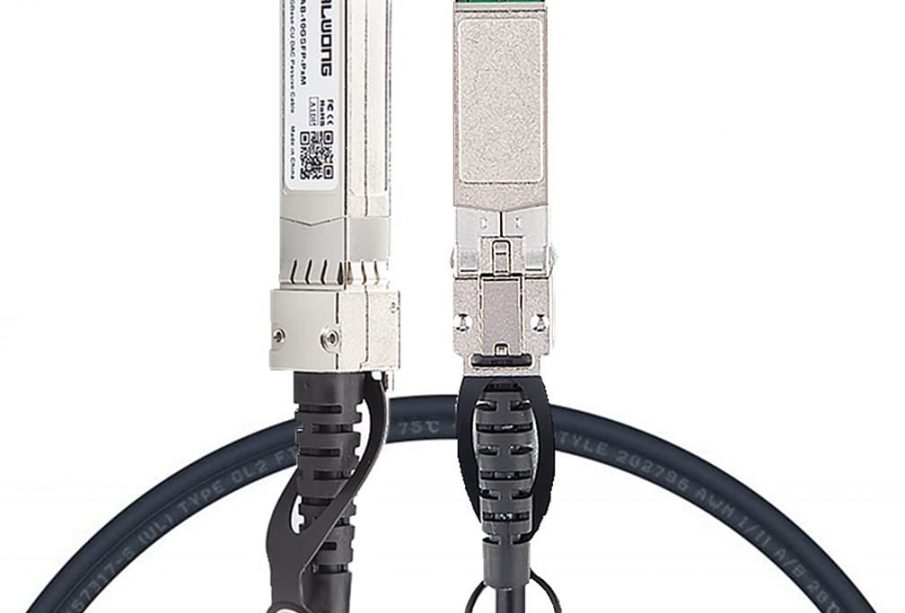Understanding CISCE: The Council for the Indian School Certificate Examinations

Introduction to CISCE
The Council for the Indian School Certificate Examinations (CISCE) is an important educational board in India that plays a crucial role in shaping the future of students through its standardized examinations. Established in 1958, the CISCE aims to provide quality education and a robust evaluation framework for schools across India. With a focus on comprehensive development, it offers programs that promote not just academic excellence but also the holistic growth of students.
The Structure and Functioning of CISCE
CISCE governs various examinations, including the Indian Certificate of Secondary Education (ICSE) for Class 10 and the Indian School Certificate (ISC) for Class 12. The board is known for its rigorous examination syllabus and its affiliation with numerous schools across the country. As of 2023, over 2,500 schools are affiliated with CISCE, providing education to thousands of students every year. The curriculum emphasizes a balance between theoretical knowledge and practical application, fostering critical thinking and creativity among learners.
In light of recent events, the CISCE has made significant adjustments to its examination schedule, considering the challenges posed by the COVID-19 pandemic. For the academic year 2023, the board introduced a hybrid model of assessments, combining both internal assessments and board examinations to evaluate students more effectively. This approach not only prioritizes student safety but also ensures that learning outcomes are met.
Recent Developments and Impact
The CISCE has also been proactive in integrating technology into its education system. The introduction of online examinations and digital resources has made it easier for students to access study materials and gain a comprehensive understanding of subjects. Additionally, the board has initiated various training programs for educators to enhance teaching methodologies, thus improving the learning experience for students.
Conclusion and Future Outlook
The CISCE’s commitment to maintaining high educational standards and its adaptive approach to evolving challenges are essential for the future of education in India. As the board continues to innovate and respond to the needs of students and educators, it is likely to play a pivotal role in shaping a well-rounded educational landscape. Looking ahead, the CISCE aims to implement further digital solutions and improve exam structures, ensuring that students are well-prepared for higher education and the workforce. The importance of CISCE cannot be understated, as it directly impacts the academic journey of countless students across the nation.









